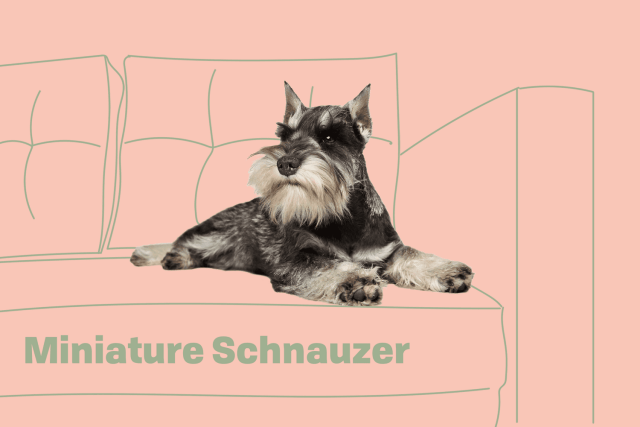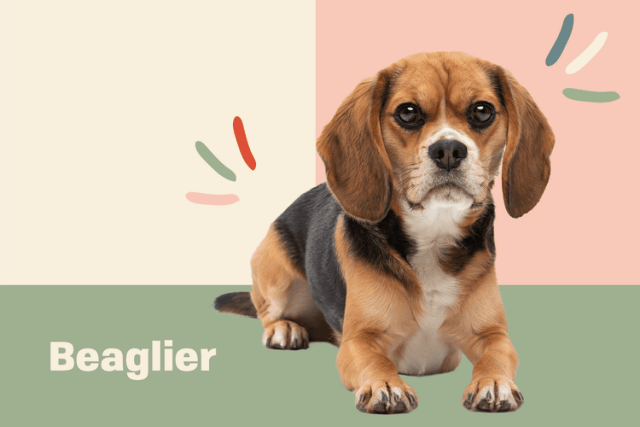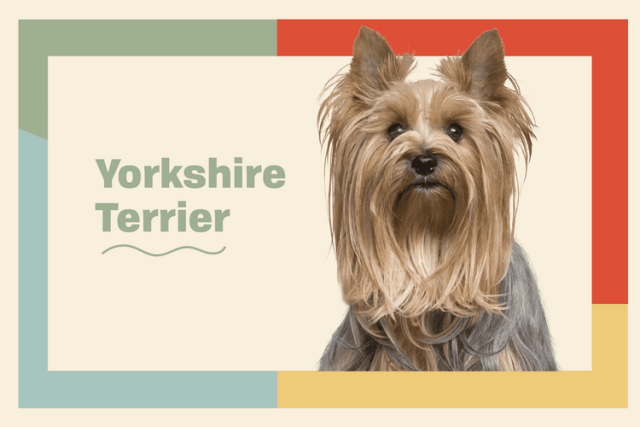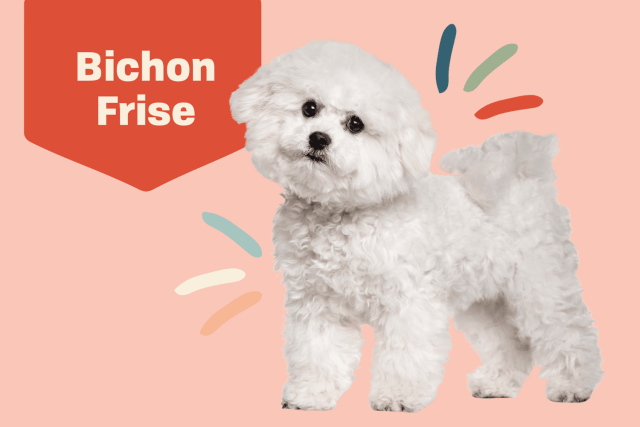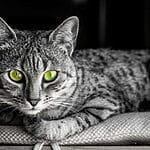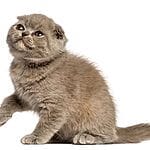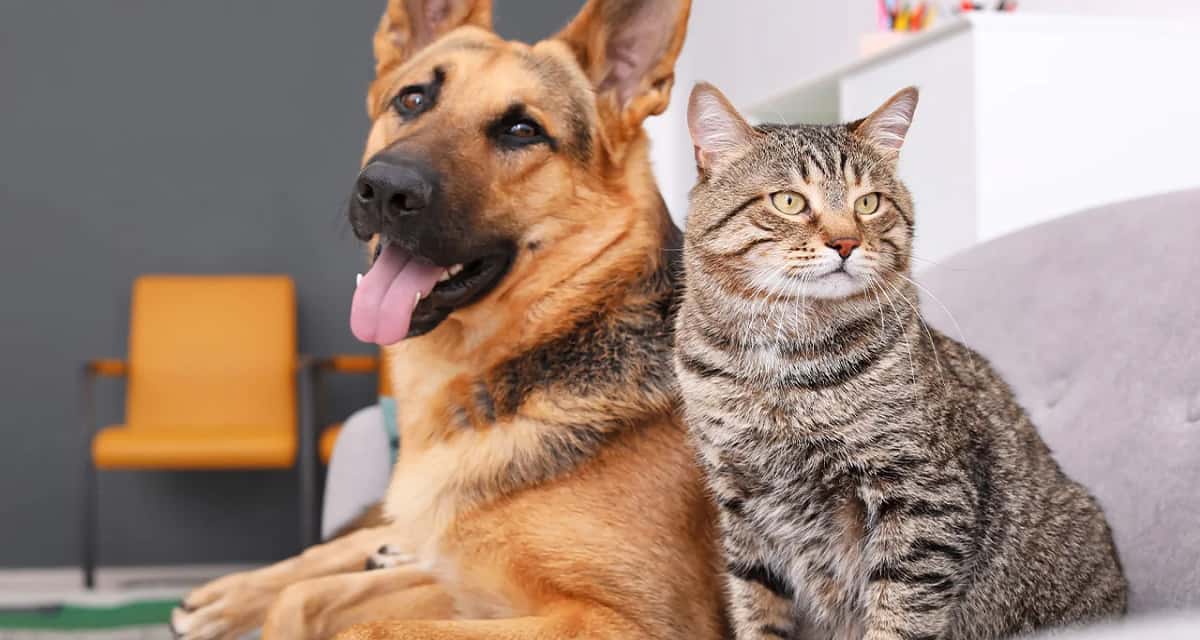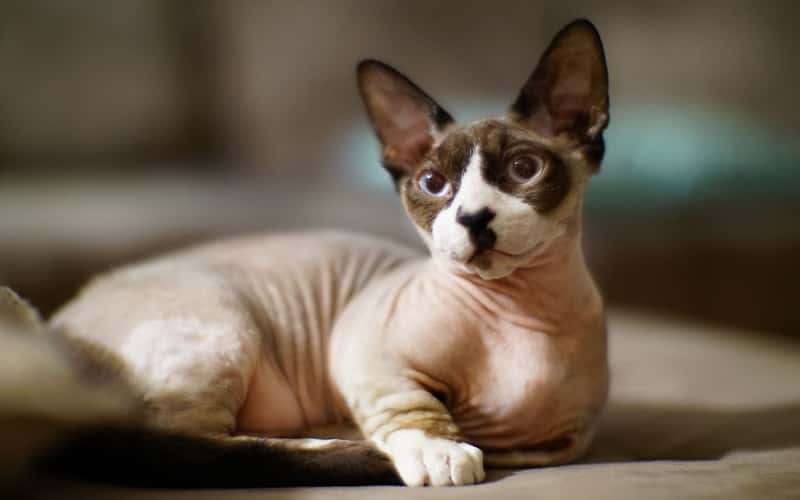Donskoy – Mixed Cat Breed Characteristics & Facts
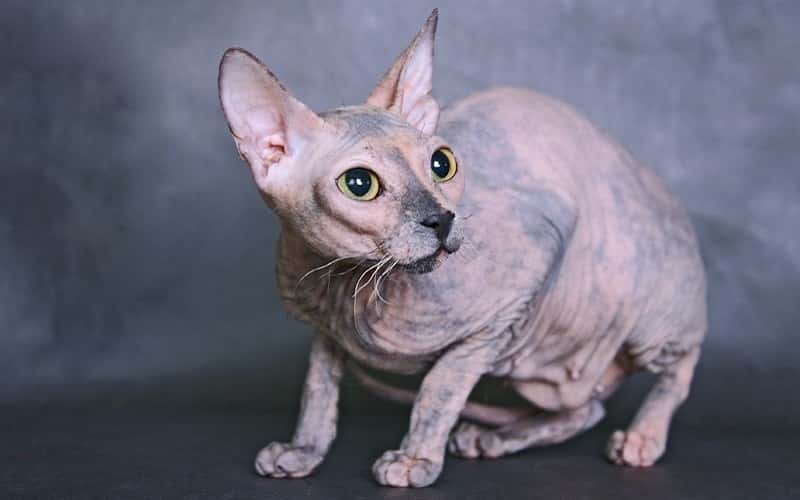
The Donskoy cat is a brand-new breed that was developed in Russia in the 1980s. These cats are renowned for being affectionate, playful, and friendly. The Don Sphynx is another name for the Donskoy. Always adopt; you might find these purebred cats there or in breed-specific rescues. If you want to bring one of these cats home, don’t go shopping!
Due to their lack of hair, cats of this breed may attract a lot of curious glances from strangers. While some of the breed’s kittens are born completely hairless, others gradually lose their hair. The breed has a reputation for being an eye-catching family pet thanks to their distinctive appearance. But keep in mind that because the breed is hairless, you’ll need to take a little extra care and maintenance.
See below for a list of all Donskoy cat breed traits!
Donskoy Mixed Cat Breed Picture
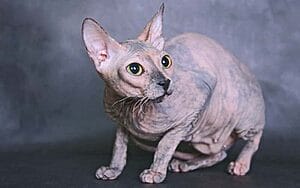
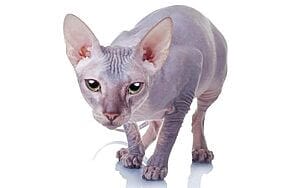
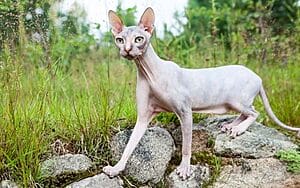
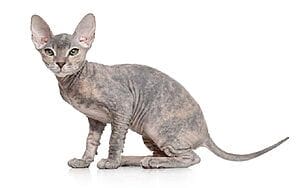
Donskoy – Mixed Cat Breed Characteristics
Affectionate with Family | **** |
Amount of Shedding | * |
General Health | *** |
Potential for Playfulness | **** |
Tendency to Vocalize | *** |
Kid-Friendly | **** |
Friendly Toward Strangers | **** |
Easy to Groom | ** |
Intelligence | **** |
Pet Friendly | **** |
Vital Stats:
| Life span: | 12 to 15 years |
| Length: | Medium |
| Weight: | 6 to 15 pounds |
| Origin: | Russia |
History
When a professor by the name of Elena Kovaleva saw some children playing soccer with a bag in their hands in 1987 in Russia, the Donskoy story officially began. Kovaleva discovered that a kitten was being kicked around when she heard meowing coming from inside the bag. After Kovaleva saved the kitten, she observed that as it grew older, the animal started to lose hair.
Later, the cat gave birth to more kittens, some of whom were born bald or had hair loss! Irina Nemikina, a breeder, took in one of these kittens and started working on the Donskoy. The International Cat Association (TICA) granted the Donskoy its official recognition in 1987. Donskoys can now be found in shelters or under the care of rescue organizations. So if you decide that this breed is right for you, be sure to think about adoption!
Size
The Donskoy is a cat of average size. As always, there may be some variation in exact size standards. The majority of donskoys weigh six to fifteen pounds.
Personality
One of the friendliest cat breeds out there is the Donskoy. If you already live in a cat-friendly home and are looking to add more cats, the Donskoy should be a top priority.
They are affectionate and sociable and enjoy being around both people and other cats. When you’re at home, donskoys always want to be the center of attention because they adore human interaction. It’s important to realize that the breed requires companionship, so if you frequently travel for work or are away from home for extended periods of time, this is not the cat for you.
You should also provide a space where the Donskoy cat breed can independently explore and seek out new adventures because they are intelligent and inquisitive. Using interactive and intelligent toys wisely can keep your cat happy and stimulated.
Health
Although donskoys are typically thought to be healthy cats, it’s still important to schedule routine wellness exams with your cat’s veterinarian. Health issues that Donskoys experience more frequently include:
- Sunburn.
- Skin problems.
- Dental decay.
Care
As with all cats, it’s crucial to continue your Donskoy’s routine veterinary examinations in order to identify any health issues early. Your veterinarian can assist you in creating a maintenance schedule for your cat’s health. You should undoubtedly include a scratching post in your living space in addition to arranging yearly wellness exams with your veterinarian.
This can encourage healthy scratching and maintain the health of the cat’s nails. The Donskoy’s ears should also be regularly checked for indications of dirt accumulation or potential infections. It is advisable to discuss establishing a regular teeth-brushing routine with your veterinarian for your Donskoy, especially given that the breed is predisposed to experiencing tooth and gum problems. Your veterinarian can give you advice on particular products and procedures.
Coat Design and Maintenance
There are four different types of Donskoy coats, each of which has a wide range of color options. The terms rubber bald, flock, velour, and brush are used to describe these coats. Rubber-bald cats are always bald and will always be so. Yellowish flocking coats may become extinct as the baldness gene takes control.
Velour kittens have a bald spot on their heads and wiry, woolly body hair that, though some of it may persist after their first year, falls out afterward. Except for patches on the head, neck, or back, brush coats cover the entire body. The Donskoy is a hairless breed of cat, so daily wiping down is required for grooming. As a hairless cat, there is no hair to absorb the oils, so this is done to get rid of them.
You must also establish a bathing schedule, ideally once per week but definitely twice per month. Keep an eye on the climate, as the Donskoy does not fare well in extremely high or low temperatures. Consult your veterinarian about providing the cat with a suitable sunscreen, and during the colder months, think about getting the cat a coat.
Even though Donskoys can develop a winter coat, they are frequently fine and unsuited to extremely cold winters. It’s interesting how these cats, like humans, can sweat through their skin and even tan when exposed to sunlight. To protect against the elements, however, consult your veterinarian.
Kids and other animals
The Donskoy is a social and sociable cat that gets along well with little ones. Just watch over any early interactions between children and cats and ensure that early socialization and boundaries are established on both sides.
It gets along well with a variety of domestic animals when it comes to other house pets. However, you should keep an eye on the first encounters the new cat has with other animals. In the end, with this breed, early socialization really pays off. When you bring it to go home to your family, be sure to treat them well for good behavior!
Rescue Teams
Given that Donskoy cats are a relatively uncommon breed, it might be challenging to find a breed-specific rescue. However, in addition to your neighborhood shelter, you might want to look into shelters and rescues that accept all kinds of cats, including this cat breed.
Creator: PetsCareTip



